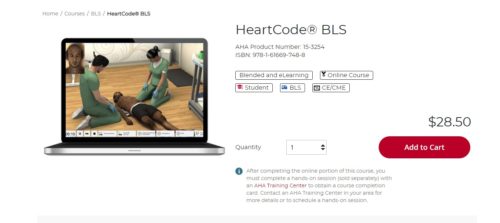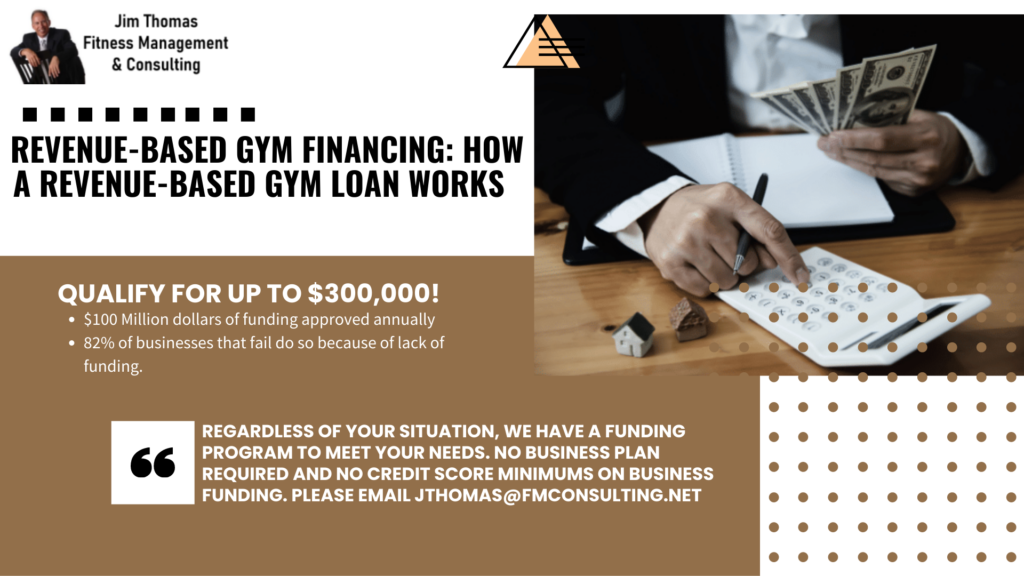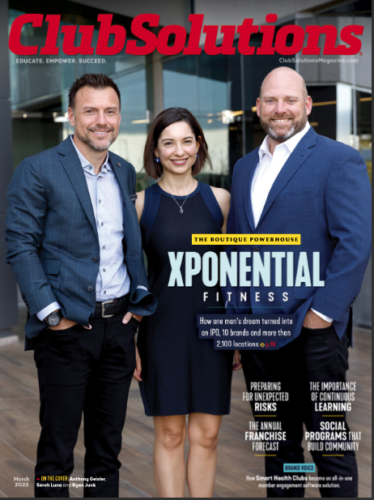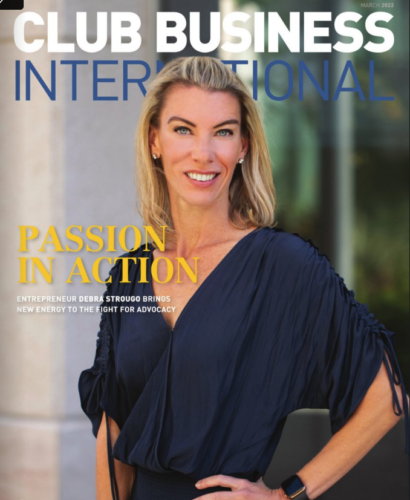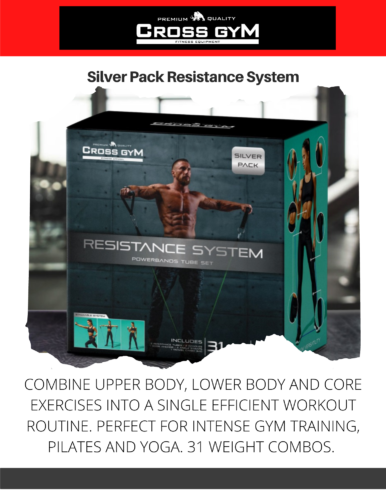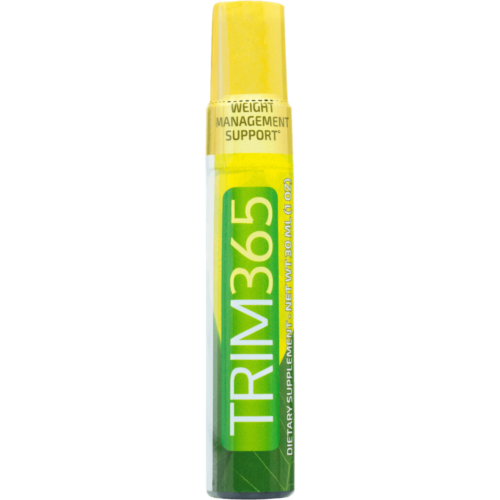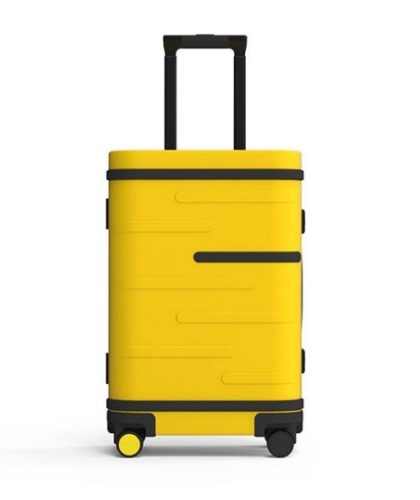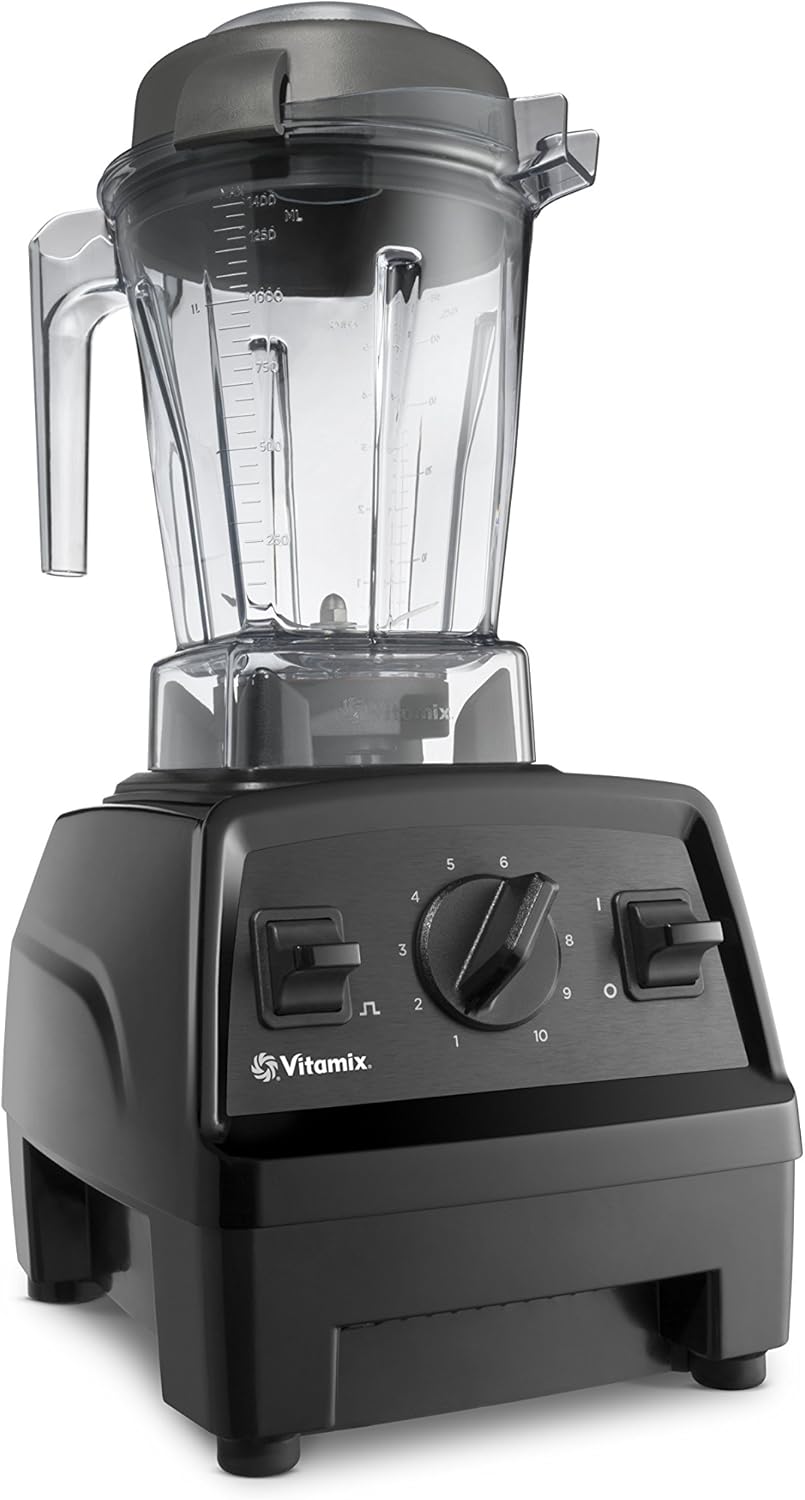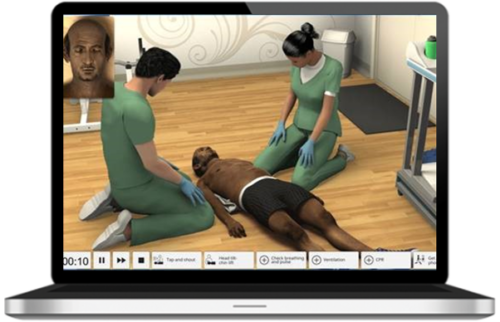….Health Clubs and the Changing Economy!
Many health club owners and managers report that the health club industry is changing rapidly, and they feel that it’s more difficult to do business today than it was just a few years ago. It seems everywhere you look; businesses are facing new challenges and increased competition. The recent financial market meltdown has increased our awareness of the instability of the economy at home and abroad. We are receiving and digesting more information then we ever have before and it’s easy to focus on the negative news, which only creates additional stress and anxiety. But just because there are several setbacks affecting the global economy and subsequently affecting business, doesn’t mean that you can’t survive.
History will tell us when things change you’ll likely find many new opportunities for growth and success! The key is to stay positive and embrace change rather than dwelling on the past and feeling like you missed your opportunity. Change is hard to embrace and many of us don’t know if we have the where with all to identify what needs to be changed to move our businesses ahead. Everything seems easier when things stay the same: same members, sales, promotions and same schedules. But, these are the same things that need to be analyzed if you want to move ahead in a changing economy. You need to view your health club, members and operation procedures in a refreshed point of view. Taking a new perspective could reveal the exact answers you are seeking to revitalize the energy and excitement that brought you to the fitness industry and ultimately fueled your entrepreneurial spirit.
The new economy opens unlimited opportunities; it creates new businesses and destroys old ones, and accelerates global economic growth in the process. But with a new way of doing things comes increasing complexity and attractive new opportunities. Information is readily available around the globe at an unprecedented pace. Customers and competitors have instant access to each other and are therefore much more knowledgeable. Knowledge and continuous learning are now critical elements of success. The knowledge component of products and services has increased dramatically and has become the dominant factor of customer value. Business people that manage knowledge effectively, who create, find and combine knowledge into new products and services faster than their competitors are the ones with the edge. At the same time, customers (members) have become more sophisticated and informed buyers. The internet has enabled them to find and analyze competing products and to make intelligent choices. Customers discovered they had options and more information means more power. They can now ake more informed choices than ever before. This empowers your customers and in turn puts them completely in the driver’s seat. Many products become virtual commodities and the result is a lot of similar offerings that make it very difficult for you to differentiate yourself from your competitors. New products, services, and competitors are emerging ever more quickly. Competitive pressure intensifies and it becomes harder to achieve market leadership and stay on top.
The relationship between you and your employees is also evolving. The increasing demand for more knowledge and capabilities means that educated and qualified employees become even more valuable to the business but are also harder to keep. With changes in the business climate, employers can no longer guarantee long term employment with benefits and at the same time, employees have many other options in the job market. As a result, your most valuable assets are more marketable to other companies and competitors.
The power of knowledge or being more informed can help you make better decisions to steer your business through a new and changing climate.
Here are a few suggestions to help weather the economy:
1. Adjust your cash-flow projections.
Re-evaluate your current position and consider best- and worst case scenarios. Decide what you can do to adapt, whether it’s stepping up marketing, raising or lowering prices or adding a new product.
2. Pay attention to what you already have.
Your existing members are your number one asset. Talk to them about their needs, wants, and expectations. Is there something you can change to accommodate their requests. What can you do to make there experience better? You may find out that you are already offering what they are asking for. Even though they have been your health club member for years, they may not be familiar with all you have to offer. Most of the time we sell the same service but in a changing economy, you need to find out what else your members may want or need. If you never ask them how would you know?
3. Consider leasing.
If you’re in the market for new equipment or facilities, consider whether it makes sense to lease rather than buy. Leasing may preserve much-needed capital as well as provide more flexibility and liquidity if business takes a downturn.
4. Contract rather than hire.
If business seems to be expanding but you’re concerned that it may be unsustainable, look into adding contract or temporary employees rather than hiring. You may end up paying a higher per-hour wage, but you’ll likely save on the cost of benefits. It’s also easier on the moral of your permanent workforce if they don’t have to deal with cycles of hiring and layoffs.
5. Control costs.
One of the biggest concerns for employers is the cost of providing health insurance to employees. Review an employee health insurance reimbursement plan, the employee carries his/her own health insurance and you reimburse them for all or a portion of their premiums. When dealing with employee compensation, you may want to distribute bonuses based on business growth rather than committing to raises. Bonuses offer another advantage besides flexibility – they can serve as an incentive to employees to improve your products and services.
6. Beat the competition.
For example, even if consumers cut down on purchases, they are still pressed for time. Providing an extra level of service or convenience may give you a competitive edge. Investigate products that make it easier for your health club member to use their time more efficiently. Consider outsourcing or creating an internet portal from your web site. A member portal is not only convenient for your members but provides your fitness facility with additional revenue sources, such as a virtual on-line store to sell products, memberships and to facilitate renewals.
7. Fine tune you marketing.
If you want to attract new customers or even retain current ones, you have to let them know you exist. How is your company’s marketing exposure? Do you stand out from the competition? Are your customers aware of your full product line or services? A changing economy is an ideal time to tweak all your marketing messages, including your web site, your brochures, your sales pitch, and even your membership cards. Granted, during a slow time many companies don’t have expendable cash. Realize, though, that you don’t need to do everything yourself or start from scratch. Many business templates are available for low cost or free that can help you improve your marketing messages. These include everything from web site templates to pre-made letterhead designs. Look for and use the inexpensive options that are available. Chances are there are many inexpensive ways for you to improve and streamline your company for more efficiency. However, in the past you’ve simply been too busy to take notice.
While a changing economy can be a scary time, it’s actually a prime time for growth. If you simply look for opportunities, you will find them. So be aware of economic changes and the potential downfalls, but don’t make it your reality. Remember, only you and the decisions you make can create your company’s reality.
Health Club News: …. Brought to you by courtesy of http://fitnesslifemarketing.com/

